View all filters
Clear
Idro (estratto di un romanzo)
Translated from
Spanish
to
Italian
by Valeria Parlato
Written in Spanish by Matías Candeira
11 minutes read
Dopo l’ultima cena
Translated from
Portugese
to
Italian
by Francesca Leotta
Written in Portugese by José Gardeazabal
8 minutes read
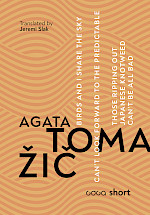
La ragazza che ascoltava gli uccelli
Translated from
Slovenian
to
Italian
by Lucia Gaja Scuteri
Written in Slovenian by Agata Tomažič
10 minutes read
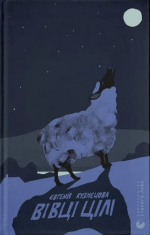
Le pecore stanno bene
Translated from
Ukranian
to
Italian
by Claudia Bettiol
Written in Ukranian by Eugenia Kuznetsova
6 minutes read
Di demoni e di destrieri
Translated from
Slovenian
to
Italian
by Lucia Gaja Scuteri
Written in Slovenian by Mirt Komel
5 minutes read
Ortensio
Written in Italian by Maurizio Amendola
3 minutes read
Rivolta inversa
Translated from
Romanian
to
Italian
by Maria Alampi
Written in Romanian by Cătălin Pavel
10 minutes read
Esmeralda
Translated from
Portugese
to
Italian
by Elisa Rossi
Written in Portugese by Luis Brito
7 minutes read

Di me non sai
Lucio falls in love with "the boy" even before meeting him: just watching him from the window of his office is enough for him to become almost obsessed. When they finally meet, he discovers that Davide is much younger than him (still studying), and that he is elusive, unreliable, and "cruel" in the way only twenty-year-olds can be cruel.
For two months, Lucio and Davide have dinner together, have sex, go to the beach, and often sleep at Lucio's place. However, Davide does not fall in love. He continues to seek Lorenzo, the only man he (perhaps) truly loved, of whom he keeps only a pixelated photo on an old cellphone. Like many twenty-year-olds, he is also confused, wounded, and willing to nestle into the routine of always having a Coca-Cola ready for him in the refrigerator.
"Di me non sai" tells the story of a relationship lived in an opposite, incompatible way, whose nature is revealed to the reader only as the novel progresses. Alternating the perspectives of the two protagonists in short, sometimes very short chapters, Raffaele Cataldo shows the misalignment of feelings and the painful consequences it can have, the slow pace of hot Apulian summers, and the obsessive loves (present and absent) that, like wild oat seeds, cling to hair, shoes, and clothes.
Written in Italian by Raffaele Cataldo
4 minutes read
Nonostante la primavera
Translated from
Serbian
to
Italian
by Sara Latorre
Written in Serbian by Ana Marija Grbic
3 minutes read
Il raduno
Translated from
Romanian
to
Italian
by Andreaa David
Written in Romanian by Alexandru Potcoavă
9 minutes read
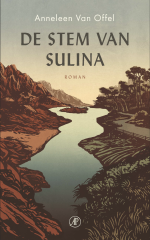
La voce di Sulina
Translated from
Dutch
to
Italian
by Matilde Soliani
Written in Dutch by Anneleen Van Offel
7 minutes read
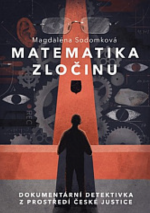
La fuga (La matematica del crimine)
Translated from
Czech
to
Italian
by Marco Maria Baù
Written in Czech by Magdalena Sodomková
11 minutes read
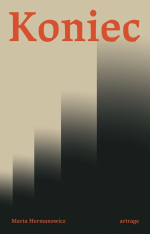
Fine
Translated from
Polish
to
Italian
by Paola Pappalardo
Written in Polish by Marta Hermanowicz
14 minutes read
Il ponte
Translated from
Portugese
to
Italian
by Francesca Leotta
Written in Portugese by João Valente
9 minutes read
Abbiamo sempre vissuto in questo paese
Translated from
Spanish
to
Italian
by Ilaria Garelli
Written in Spanish by Aixa De la Cruz Regúlez
5 minutes read
Diario
Translated from
Slovenian
to
Italian
by Lucia Gaja Scuteri
Written in Slovenian by Mirt Komel
11 minutes read
Residence
Written in Italian by Maurizio Amendola
9 minutes read
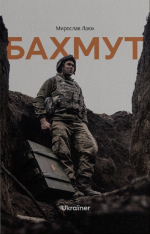
Bachmut
Translated from
Ukranian
to
Italian
by Claudia Bettiol
Written in Ukranian by Myroslav Laiuk
13 minutes read
Vita a metà
Translated from
Dutch
to
Italian
by Francesco Panzeri
Written in Dutch by Aya Sabi
8 minutes read